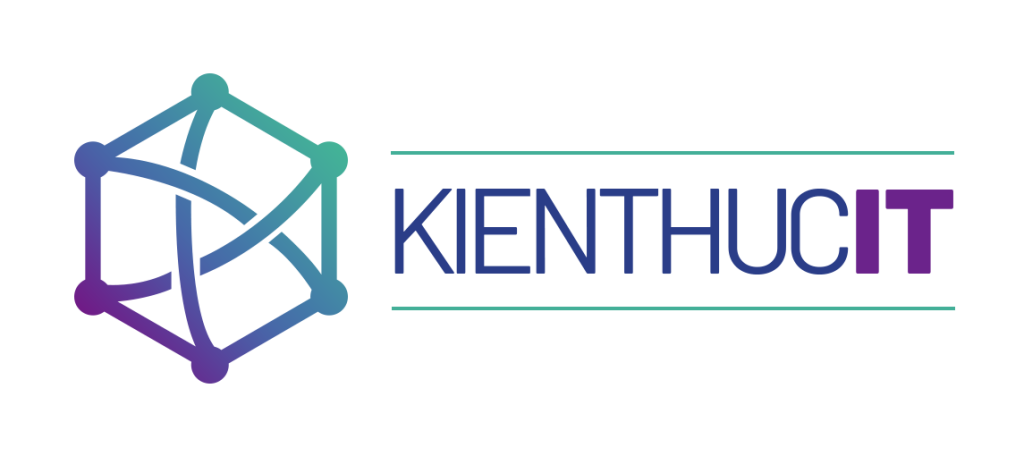The advancement of digital casino gaming platforms has reshaped the structure of global entertainment, merging advanced technology, mathematics, and security protocols to create engaging, fair, and accessible gaming experiences. These platforms integrate interactive design with instant computation and are subject to comprehensive regulation to ensure compliance with global fairness laws. This article presents an expert overview of how online casino gaming sites function, their compliance responsibilities, and the key technological systems that underpin their fairness and functionality.
Compliance Principles and Integrity Measures
Online gaming operates within a strictly controlled framework aimed at maintaining clarity, consumer protection, and safe participation. According to a documented guideline published by the UK Gambling Commission, all licensed gaming sites must use third-party audited RNG systems to ensure fair outcomes for every spin, draw, or shuffle. This ensures that each result—whether from spinning games, card-based formats, or wheel games—is statistically random and unbiased.
In addition to RNG certification, gaming platforms are required to display payout percentages, known as Return to Player (RTP). These values, typically ranging between mid-90% range for regulated games, represent the expected average of wagers returned to players over time. Independent reviews performed by accredited agencies validate these figures to maintain transparency and trust in the digital environment.
Platform Architecture of Online Casino Platforms
The infrastructure supporting online casino systems is complex and multi-tiered. It combines user management systems, secure transaction APIs, gaming servers, and regulatory control units. Each component works together through protected communication layers to deliver a safe and reliable experience.
| Game Server | Manages RNG-based gaming software and controls real-time gameplay. | Ensures stability across all user sessions. |
| Payment Gateway | Handles deposits and withdrawals via protected data channels. | Enables financial transactions while guarding against data breaches. |
| Authentication System | Verifies user identity through KYC protocols and secure tokens. | Stops fraud and ensures regulatory compliance. |
| Compliance Module | Tracks activity to ensure responsible play and AML adherence. | Identifies suspicious behavior and maintains gaming standards. |
Each of these systems forms part of a unified technological ecosystem designed for stability, transparency, and user protection. constant oversight and encryption ensure information protection and uphold international cybersecurity standards such as global infosec protocols.
Game Categories and Platform Diversity
The variety of entertainment available on web-based gaming platforms reflects the global demand for different types of interactive experiences. Most platforms divide their offerings into structured segments based on probability, mechanics, and player engagement models. The primary categories include:
- Slot Games: randomized titles that rely on chance models and story-driven themes.
- Table Games: Digital versions of traditional casino games like roulette, blackjack, and baccarat.
- Live Dealer Games: Real-time streamed experiences using professional hosts and encrypted feeds.
- Skill-Based Games: player-influenced experiences where decision-making partially influences outcomes.
- Progressive Systems: Networked games connected by shared prize pools with dynamic growth algorithms.
Each category requires distinct software calibration and external auditing to ensure accuracy, efficiency, and accountability in accordance with jurisdictional standards.
Data Protection and Player Safety
Security forms the core of online casino operations. All legitimate platforms implement digital protection protocols such as SSL encryption or TLS protocol encryption to protect data during transmission. Additionally, dual verification is common across verified platforms to block unauthorized access to player accounts.
Responsible gaming measures are equally critical. Licensed sites are required to provide responsible play options, spend restrictions, and time alerts. These features are part of a larger industry trend emphasizing player well-being and data transparency. In some jurisdictions, operators must also contribute to responsible gaming funds and collaborate with behavioral research institutions.
Platform Performance and Transaction Systems
The financial architecture of casino platforms supports both traditional and digital payment systems to serve global users. Transactions are executed through gateways that comply with Payment Card Industry Data Security Standard (PCI DSS) protocols. real-time deposits and encrypted payouts are facilitated by data masking, which converts sensitive information with encrypted tokens.
Operators also employ AML detection algorithms that evaluate transaction patterns to identify anomalous activity. This maintains financial security and reinforces alignment with international banking regulations and data protection frameworks.
Mathematical Model and Return Disclosure
Each online casino game follows a predictable mathematical model based on random chance and expected value. The table below illustrates a simplified representation of how statistical balance is maintained between risk and reward:
| Slot Games | 95.0 – 97.0 | 3.0 – 5.0 |
| Roulette | 94.7 – 97.3 | 2.7 – 5.3 |
| Blackjack | 98.0 – 99.5 | 0.5 – 2.0 |
| Video Poker | 97.0 – 99.0 | 1.0 – 3.0 |
These figures are audited by independent labs that ensure accuracy between theoretical and actual returns. Transparent RTP disclosures build player trust and promote informed participation.
Emerging Technologies in Online Gaming
Recent developments have introduced machine learning algorithms and smart contract auditing into online casino systems. AI-driven analytics enhance player experiences, while blockchain technology provides permanent transparency of transactions and game outcomes. Both innovations work toward improving user confidence by reducing operational opacity and providing transparent records.
Conclusion
The ecosystem of online casino gaming sites represents the fusion of mathematics, engineering, and regulation. Through audited number generators, secure financial infrastructures, and responsible gaming initiatives, these platforms demonstrate a commitment to integrity and consumer trust. As global standards continue to develop, online gaming sites stand as benchmarks of how digital entertainment can maintain honesty, security, and long-term viability through structured regulation and technological innovation.
